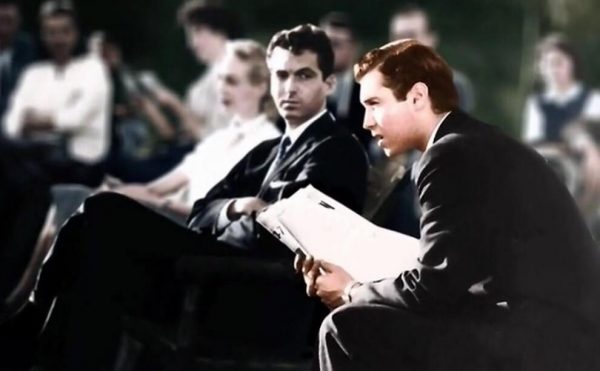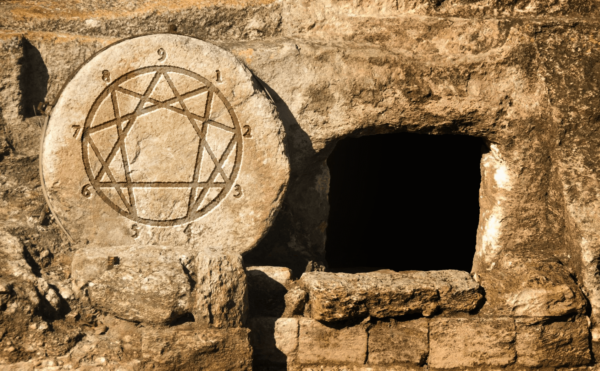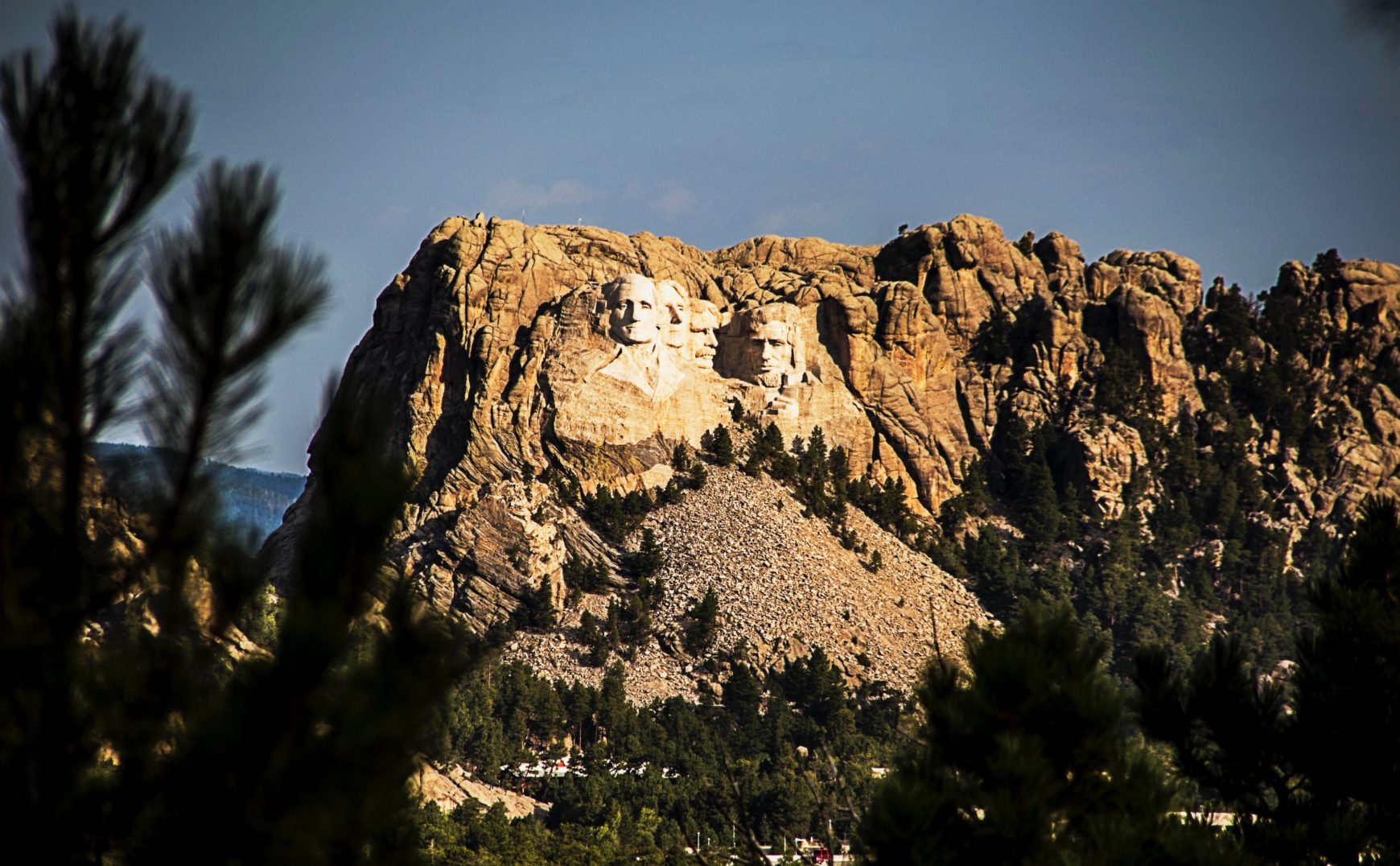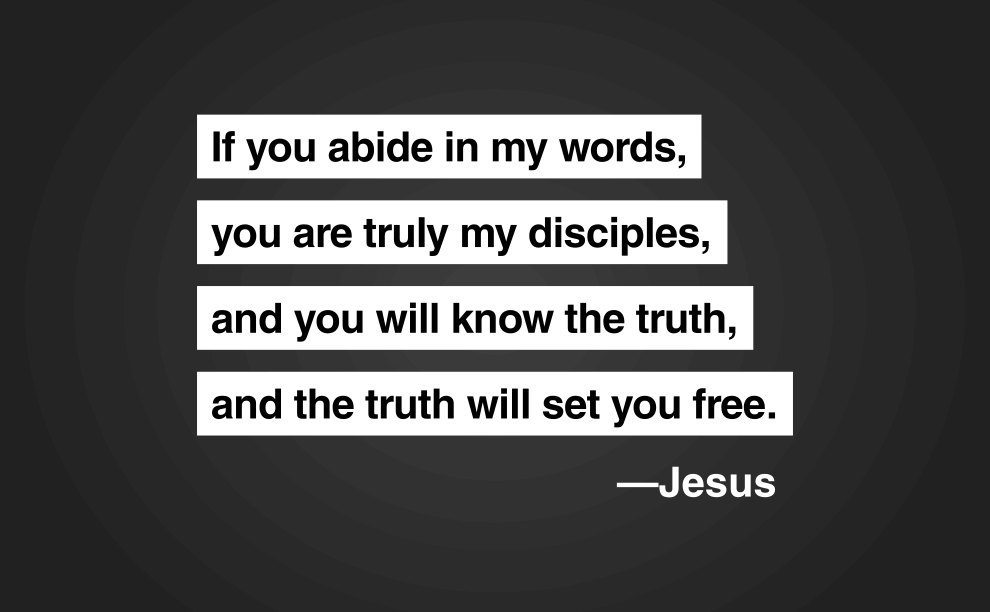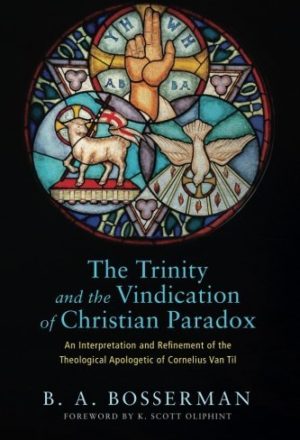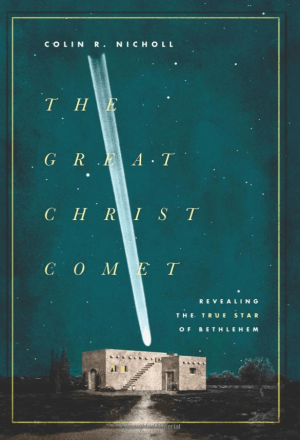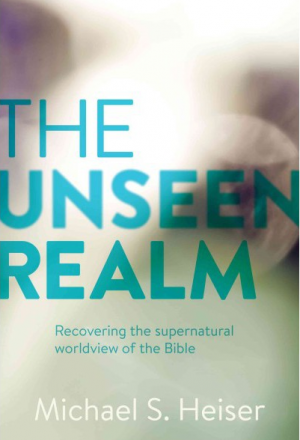It had been months of hard living in the wilderness for the two brother priests. But their fortunes were looking up. They had been wandering in this dry land long enough for the makeshift wine to ferment and it was time to celebrate.
The two priests spent the afternoon enjoying the fruit of the labors, but after the fourth cup they made a terrible decision. Their theological discussion shifted to the temple that loomed in the center of the camp.
“I’ve seen the cloud, but do you think He really lives in that tent we built?” asked one priest.
“I don’t know, all I’m saying is that it seems suspicious that no one is allowed in there.” answered the brother.
“Look, the guards have left the door. We could settle this once and for all right now.”
Emboldened by the wine, the two brothers edged closer to the temple; both of them covering their fear with false bravado.
“Brother, we have no incense. What if He really is in there and we see Him? You know that we cannot survive seeing Him without protection.”
“I have some incense in my tent, I’ll bring the censer just in case. But I don’t think we’ll need it.”
With that, the two brothers headed to the door of their God’s house. They crossed the first threshold and their nervousness grew, but neither brother would admit to their fear.
“Light that incense.” said one brother.
The other brother nodded, afraid to speak, lest his voice crack. They approached the second veil, the one no man crossed without the blood of bulls and the smoke of holy incense. Their last chance to abandon their foolish plan passed as the priests reached out to the heavy veil and pulled it aside. The gold reflected the light of their candles and cast a flickering glow across the temple.
In unison, their feet crossed into this most holy place and in an instant the light grew brighter. The two brothers looked at their candles in confusion. This was no reflection from their paltry flame. A deep rumbling started and the gold flashed with the light of the sun.
Fire erupted from between the protecting cherubim, one brother lifted his censer in a feeble attempt to ward off the blaze. But the fire cut through the smoke and consumed the two brothers where they stood – leaving their burned bodies on the floor of the temple.
The sound and fury caught the attention of the high priest who came running from his tent. As he reverently entered the temple, he saw the burned bodies of the two priests and fell to the ground crying, “My sons! What have you done?”
Unpopular Stories
For Bible-readers, that story probably sounds familiar — even if it makes us squirm a bit. It tells of a God who does not need to wait until we are safely dead before he executes judgment. We’re happy with judgment, as long as it resides on the other side of the veil, but when things break through into our world, then we are less comfortable. Heavenly fire descending to judge mankind is the kind of thing that gets you laughed out of classrooms today.
But if we want to take the Bible seriously, then we need to dig into the stories that make us squirm and see what they teach us about the God we worship.
What Went Wrong?
The story of Nadab and Abihu is told in Leviticus chapter 10 and the primary action only takes three verses to tell:
Then Nadab and Abihu, the sons of Aaron, each took his censer and put fire in it, and offered profane fire before Yahweh, which He had not commanded them. So fire went out from Yahweh and devoured them, and they died before Yahweh. And Moses said to Aaron, “This is what Yahweh spoke, saying:
‘By those who come near Me
I must be regarded as holy;
And before all the people
I must be glorified.’”
The rest of chapter 10 goes into detail about dealing with the corpses of the two men (10:4-7) and the priestly response to their death (10:8-20). That’s it. All we know is that Nadab and Abihu were consumed by the fire of Yahweh for offering their own profane fire. The offering of profane or strange fire is expressly prohibited in Exodus 30:9, but beyond that, we are not told why God broke out so violently against these sons of Aaron.
Common Explanations
The range of explanations is typical for Leviticus, that is, running from the most mundane to the wildly fanciful. I’ll limit myself to the more common explanations that come from my corner of the Christian world – Reformed Protestant. All of these explanations revolve around worship and get at something in the text. But they also seem to fall short of the thrust of the passage as they rush past the text to make immediate application to the Church.
First, there was the recent conference hosted by John MacArthur that was appropriately named Strange Fire. They used the profane fire of Nadab and Abihu as a jumping off point to criticize the crazier excesses of the Pentecostal movement. While the conference and book primarily bring up Nadab and Abihu by implication, the idea is clear: the wackier branches of Pentecostalism amount to a modern-day profane fire.
Second, many Reformed Christians use Leviticus 10 as support for the regulative principle of worship (RPW). The regulative principle of worship states that we may only worship God in ways that are commanded (or inferred by good and necessary consequence) from the Bible. This camp sees the sin of Nadab and Abihu as a liturgical problem – that is, doing that which Yahweh did not command (see Lev. 10:1).
The applications of this principle vary from reasonable to highly questionable. On the more reasonable side, the RPW proponents condemn modern entertainment-focused worship as flirting with the sin of Nadab and Abihu. On the other end of the spectrum, some radical RPW supporters argue that not singing loudly enough, not paying attention to the sermon, and being late to worship are all condemned in Leviticus 10.
Trending
Liturgical Sins
Certainly, these views are on to something. Nadab and Abihu failed to properly serve God in the very specific way he ordained. But I think they fall short of capturing the heart of this passage. It is hard to draw direct lines between the worship of the Old and New Covenants. While the Levitical priesthood operated according to direct, verbal commands of Yahweh, the Church works from a more flexible position. There is no Leviticus for the New Testament Church – we operate as children of the King, free to use our wisdom and judgment to structure and order the Church.
In the first explanation, the application is too broad. Nadab and Abihu failed in a very specific way – by disregarding clear commands given to Moses. While I have strong disagreements with the Charismatic movement, there is no chapter and verse to point to in our disagreements (excluding the obvious heresy on the fringe of the movement).
The second explanation gets closer to the truth, but it still falls short. Is there a single instance of a New Covenant worshiper being struck down for violating the regulative principle? Surely, God's interaction with humanity has changed since the coming of Jesus, but it starts to smell of modernism when we shift from consuming fire to general displeasure.
To fully understand the importance of this passage, we should spend a few extra minutes in the foreign world of Leviticus before we rush to New Covenant application.
The Sins of Nadab and Abihu
Looking at the text, what exactly did Nadab and Abihu do? If we expand the context a bit, there are three ways that they failed:
- They offered profane fire that Yahweh did not command (Lev.10:1)
- They entered the Most Holy Place without the proper ritual (Lev. 16:1-2)
- They possibly were intoxicated (Lev. 10:9)
The first is the most obvious: they offered profane fire. Likely, they used an incense of their own devising other than that prescribed in Exodus 30:34-36. And, more speculatively, it might have been an incense used to worship other gods.
The second is also made clear in Leviticus 16, where we read,
“Now Yahweh spoke to Moses after the death of the two sons of Aaron, when they offered profane fire before Yahweh and died; and Yahweh said to Moses: 'Tell Aaron your brother not to come at just any time into the Holy Place inside the veil, before the mercy seat which is on the ark, lest he die; for I will appear in the cloud above the mercy seat.'”
Nadab and Abihu made unauthorized entry into the Most Holy Place with an incense of their own making and without the blood of a bull. They came into the very presence of God without a covering (atonement) and for that, they were killed.
Finally, Leviticus 10:9 seems to hint that the two sons of Aaron were drunk when they made this grave error: “Do not drink wine or intoxicating drink, you, nor your sons with you, when you go into the tabernacle of meeting, lest you die.” Notice the repeated phrase of 'lest you die' in chapters 10 and 16.
What Happened?
Why did God strike out so suddenly against Nadab and Abihu? When we investigate the events recorded in the context of Leviticus, a clear picture starts to emerge. Nadab and Abihu, possibly drunk, decide to get a look into the Most Holy Place – the most sacred space on earth. Their curiosity gets the best of them and they have to see, and so they devise a plan.
They were certainly no idiots. Nadab and Abihu had accompanied Aaron and the elders on Mt. Sinai where they saw God seated in the heavens. They knew he wasn't to be approached lightly; they knew they needed to be under a cover to approach Yahweh. So they mixed a smokey incense and approached the sanctuary under the cover of cloud (compare to the Day of Atonement/Covering rite in Lev. 16:12).
But, as Cain learned at the borders of the Garden, God is not to be approached without atoning blood. And so the two brothers were devoured by the consuming fire of Yahweh.
Leviticus and the Church
So, what can Nadab and Abihu teach the New Covenant Church? Is it a warning against Charismania? Is it an early defense of the regulative principle of worship? Those are possible secondary applications, but primarily the story is about our need for Jesus.
We, as created beings, have a desire to be in the presence of our maker; to peek behind the veil. But our sinful nature and defiling flesh prohibit such close access to God. That is, until the coming of Jesus who serves as the true and final covering for all mankind. When we are under the blood of Jesus we have free and open access to the Father. We do not need to hide behind smoke or cloud because we have truly cleansing blood. Nadab and Abihu died trying to get a glimpse of what we have every day.
That is the general principle: to approach the Father we need the atoning blood of the Son. But we can push that out into the corners a bit more. It has a ritual element: are we, like the Corinthians, approaching the sacraments without the covering blood of Jesus? It has an application to prayer: do we pray in the name of Jesus or according to our own strength? And it has an eschatological element: when we stand before God in judgment, will we claim nothing but the blood of Jesus? Or will we face the consuming fire of Yahweh?
Like all the scriptures, the story of Nadab and Abihu speaks of Jesus. And after he defeated death on the cross, mankind is able to approach the Father. This is why at Pentecost the descending fire from the Father does not consume the disciples – they are covered by the blood. They have come into the Most Holy Place through the specific method ordained by God: united to Jesus the Son who lived, died, and now lives forevermore.






